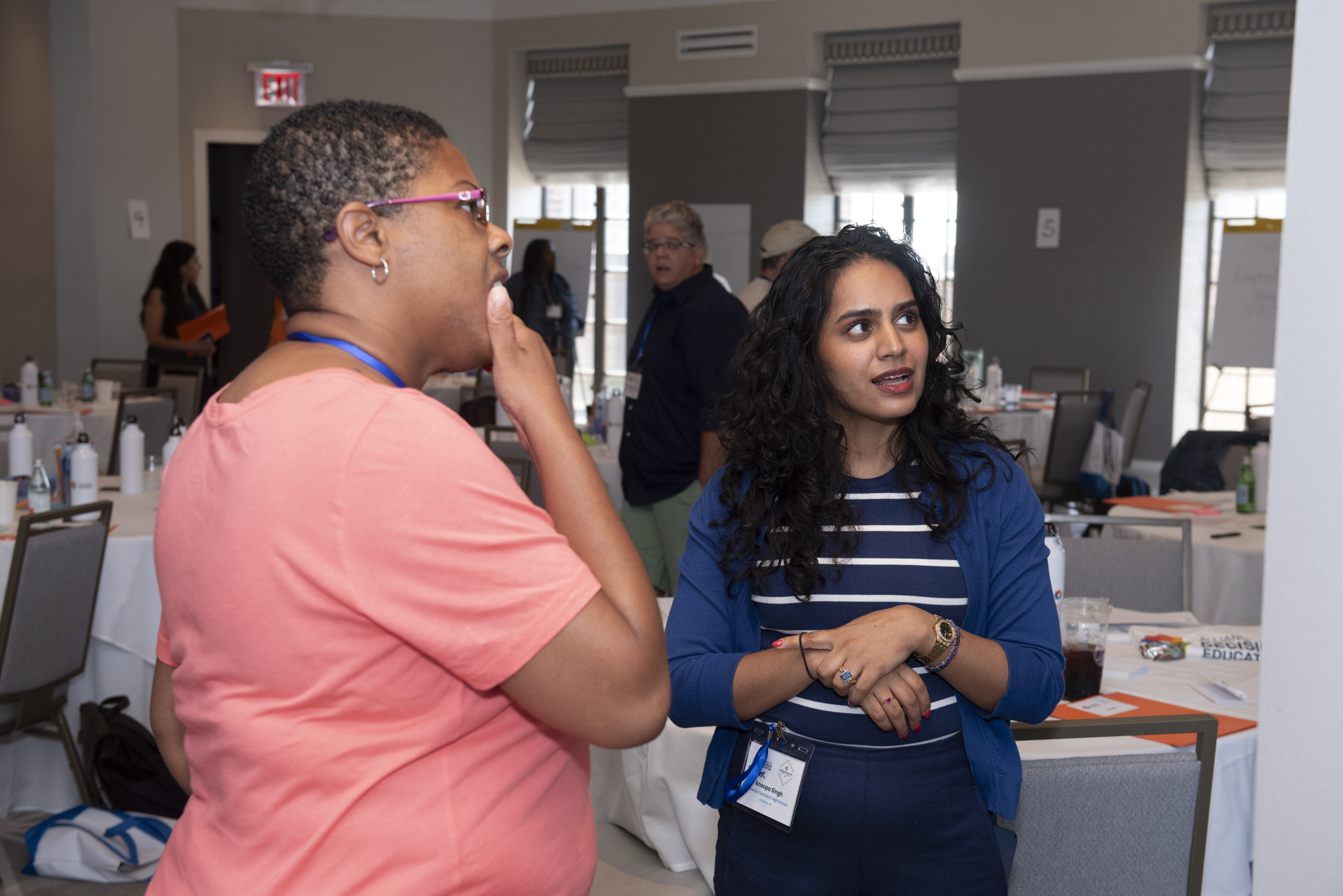Decision-Making Tools in the Workplace: Project Postmortems

While we work to bring Decision Education to classrooms across the country, we also use decision-making tools here at the Alliance to inform our own projects and daily tasks. In this blog post series, “Decision-Making Tools in the Workplace,” we’ll take a deeper look at how we use decision tools for various projects and initiatives.
What are Project Postmortems?
Postmortems provide an opportunity for teams to reflect back on a project once it is complete. We use this important decision-making tool often and across teams at the Alliance to discuss what works well and what needs improvement for future projects. Postmortems include everyone involved on the project, regardless of seniority, to ensure that all voices are heard. We focus on the quality of processes and the quality of outcomes separately; we do this to avoid resulting, as we know that some processes may be well thought through, yet still yield a less than ideal outcome simply due to chance. From there, we can then highlight areas where we can make adjustments.
For example, we run a postmortem after we finish each season of The Decision Education Podcast. We hold the session shortly after the season wraps up so that we can ensure that the podcast creation process is fresh in people’s minds. We include folks from a variety of teams in postmortems—from staff involved with guest booking and audio recording to website management and social media marketing.
How to Run a Project Postmortem
Postmortems can be powerful tools that encourage active open-mindedness, intellectual humility, truth-seeking, and agency, but they need to be conducted thoughtfully and with adequate preparation. To get ready for a postmortem at the Alliance, we send around a survey or ask folks to prepare their thoughts on various aspects of the project ahead of time. This helps us ensure that everyone’s thoughts are heard (even the introverts on our team), while safeguarding against one person’s thoughts affecting or anchoring those of another.
Using the earlier example of our postmortem after wrapping up a season of The Decision Education Podcast, one team member sends around a survey prompting us to share our thoughts on all of the work that goes into each season. The survey may include general questions on the overall goals of the podcast, as well as some in-depth detailed questions, like reflecting on the process for putting episode descriptions together; this ensures that everyone can share their opinions. We then meet and use this template and have an open discussion based on feedback from the survey. Through this format, we make sure that conversations are not based on blame, but rather that we spend time coming up with updates and new best practices.
Going back to our podcast season postmortem example, we covered topics big and small during our team discussion. For example, we discussed how data shows that some listeners dropped off during the last ten minutes of the episode, so we brainstormed other ways to share the content we usually cover at the end earlier in an episode. We also discussed episode length, voicing our own opinions and looking into base rates of other podcasts’ episode lengths to inform our thoughts. In the end, we came up with some solutions and left with a stronger sense of joint ownership over this important project. This postmortem helped us stretch our thinking and give all team members the opportunity to be heard in multiple ways, and we’re excited to see how our takeaways inform the next season of The Decision Education Podcast.
Improve Decision Making Skills in the Workplace with Decision-Education
Postmortems are a great practice to build into any workplace. They give staff the opportunity to reflect, address, and improve upon systems and create an environment of open communication and self-reflection. The are a key part of decision-education and improving decision making in the workplace. Here at the Alliance for Decision Education we are on a mission to ensure decision education is a part of every student’s learning experience.

